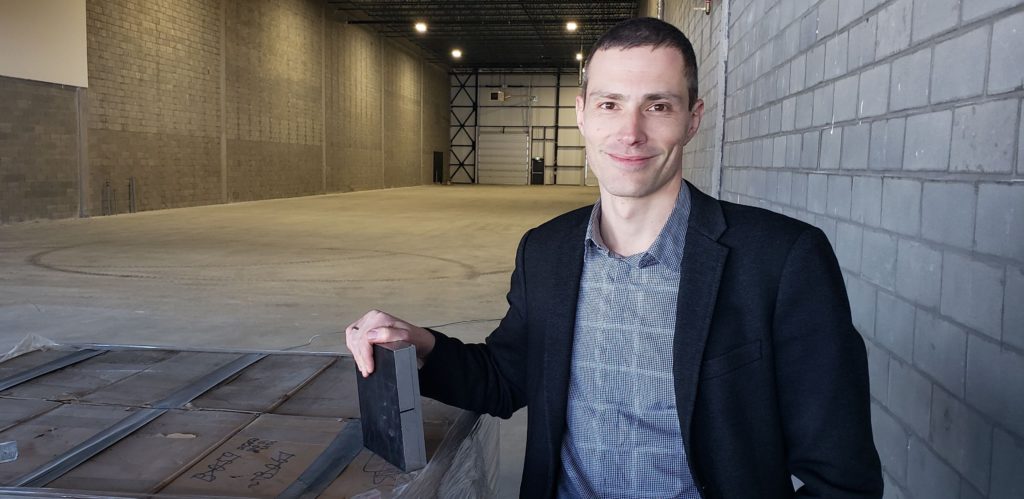LONDON (Reuters) – The unpredictable Elon Musk strikes again. Just when his electric vehicle (EV) company Tesla seemed to be pivoting away from using cobalt in its batteries, it signs a long-term supply deal for the controversial metal with Glencore.
This from the man who has vowed to eliminate cobalt from the Tesla product mix because of its financial cost and the reputational cost of a metal associated with child labour and poor safety conditions at artisanal mining operations in the Democratic Republic of Congo, the world’s dominant producer.
Tesla’s not the first auto company to lock in future cobalt supplies with a miner. BMW did the same last year, also with Glencore as well as with the Bou-Azzer mine in Morocco.























